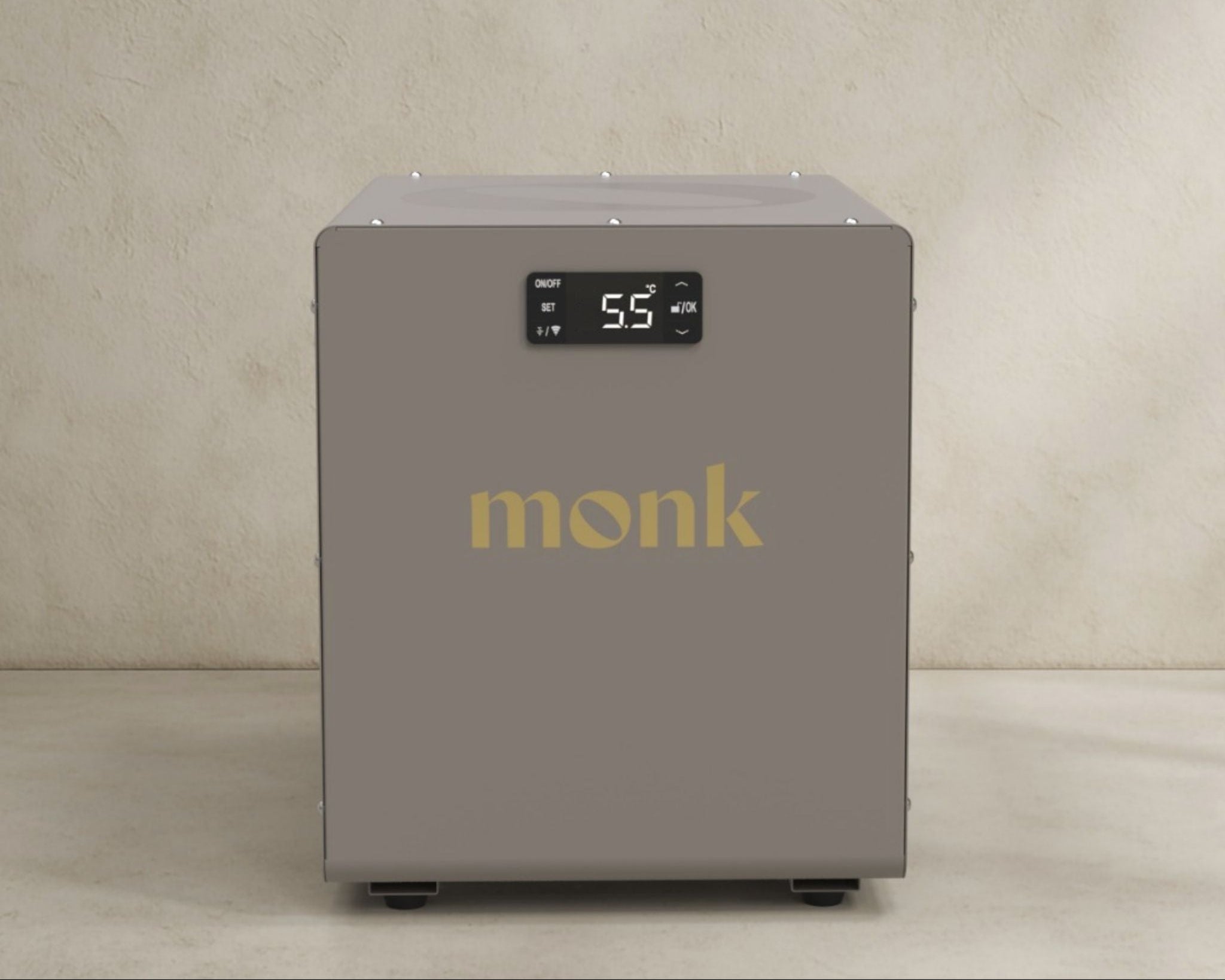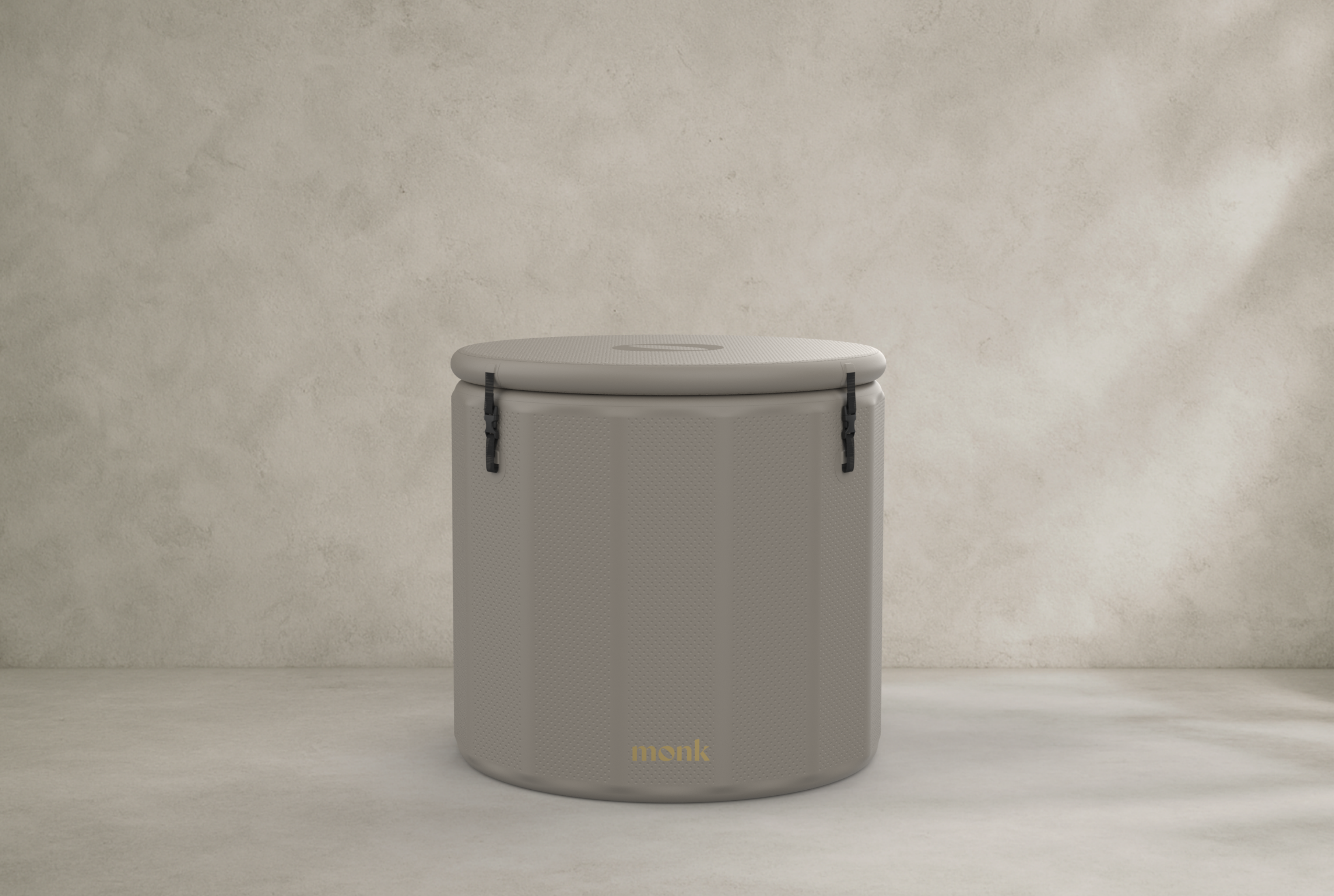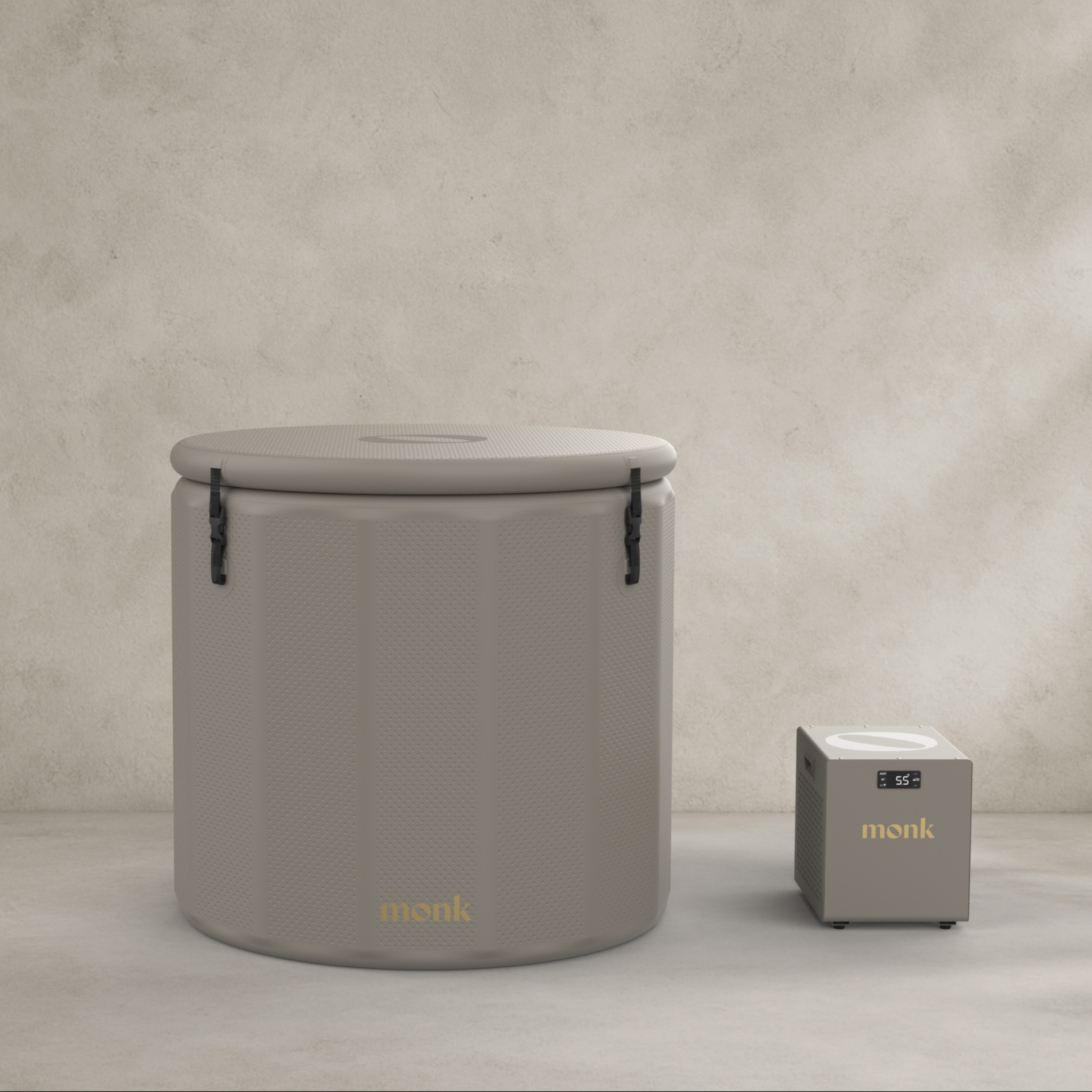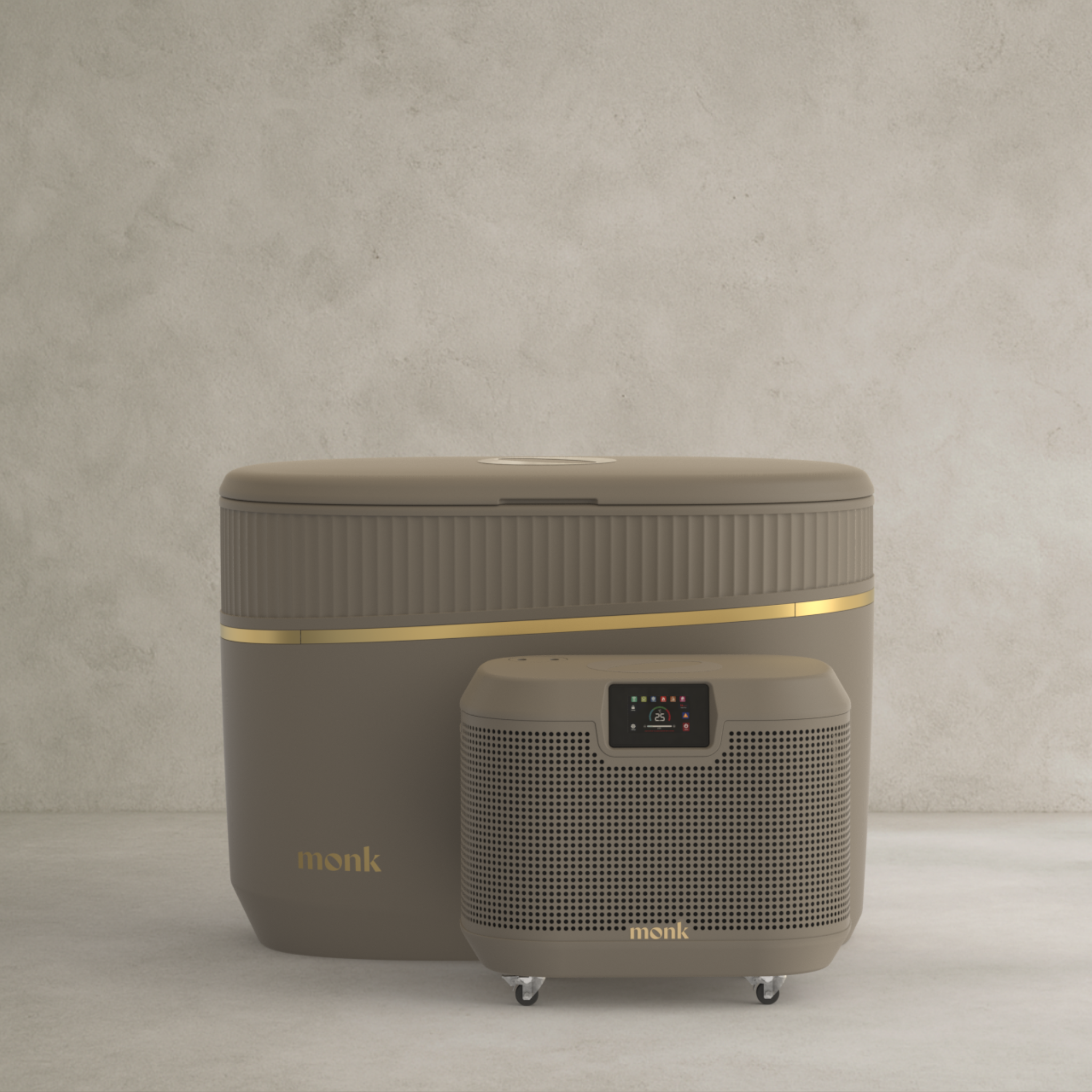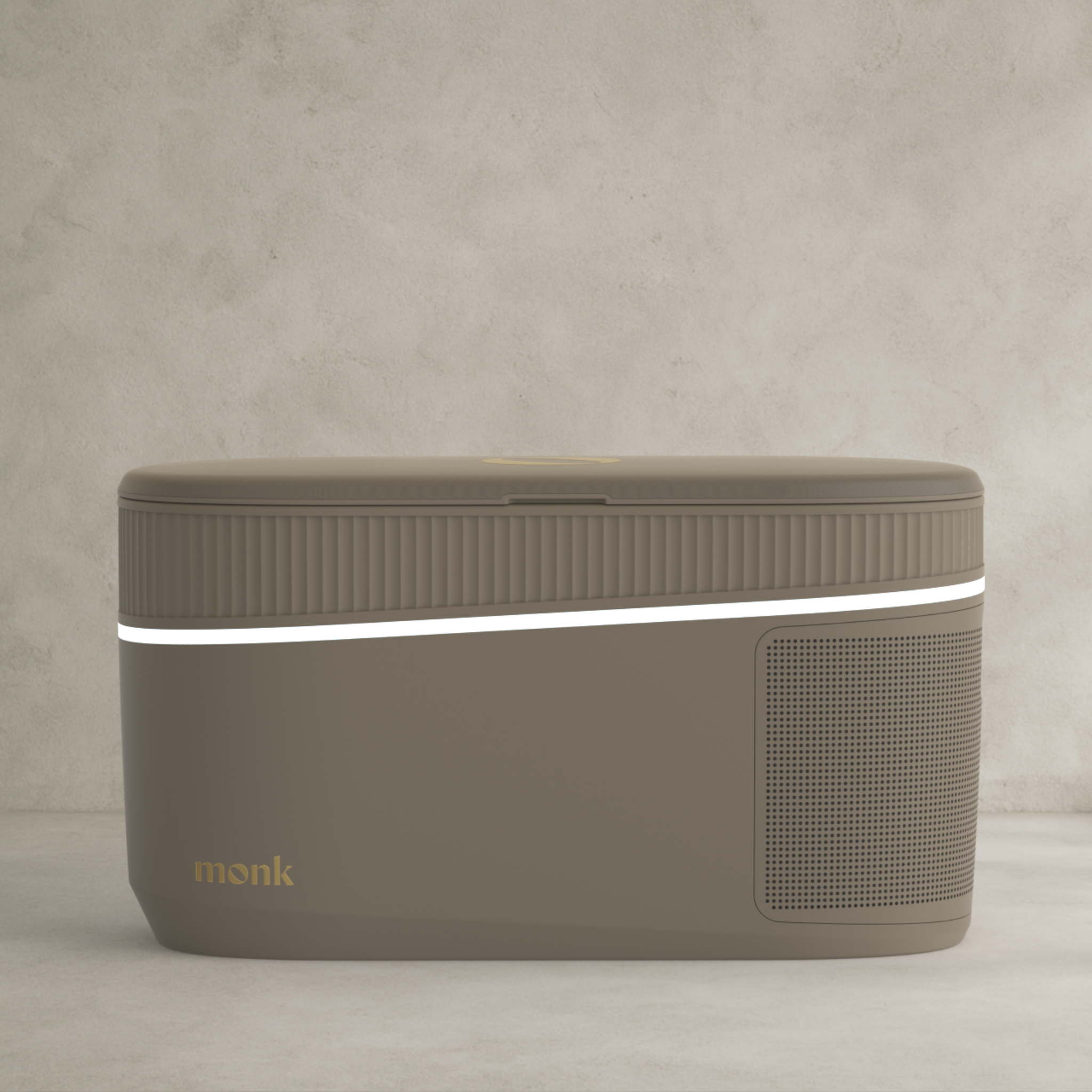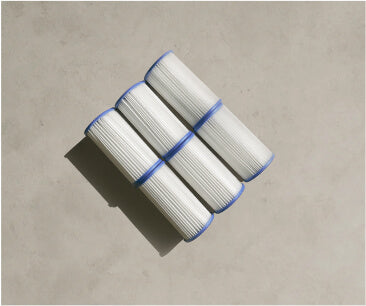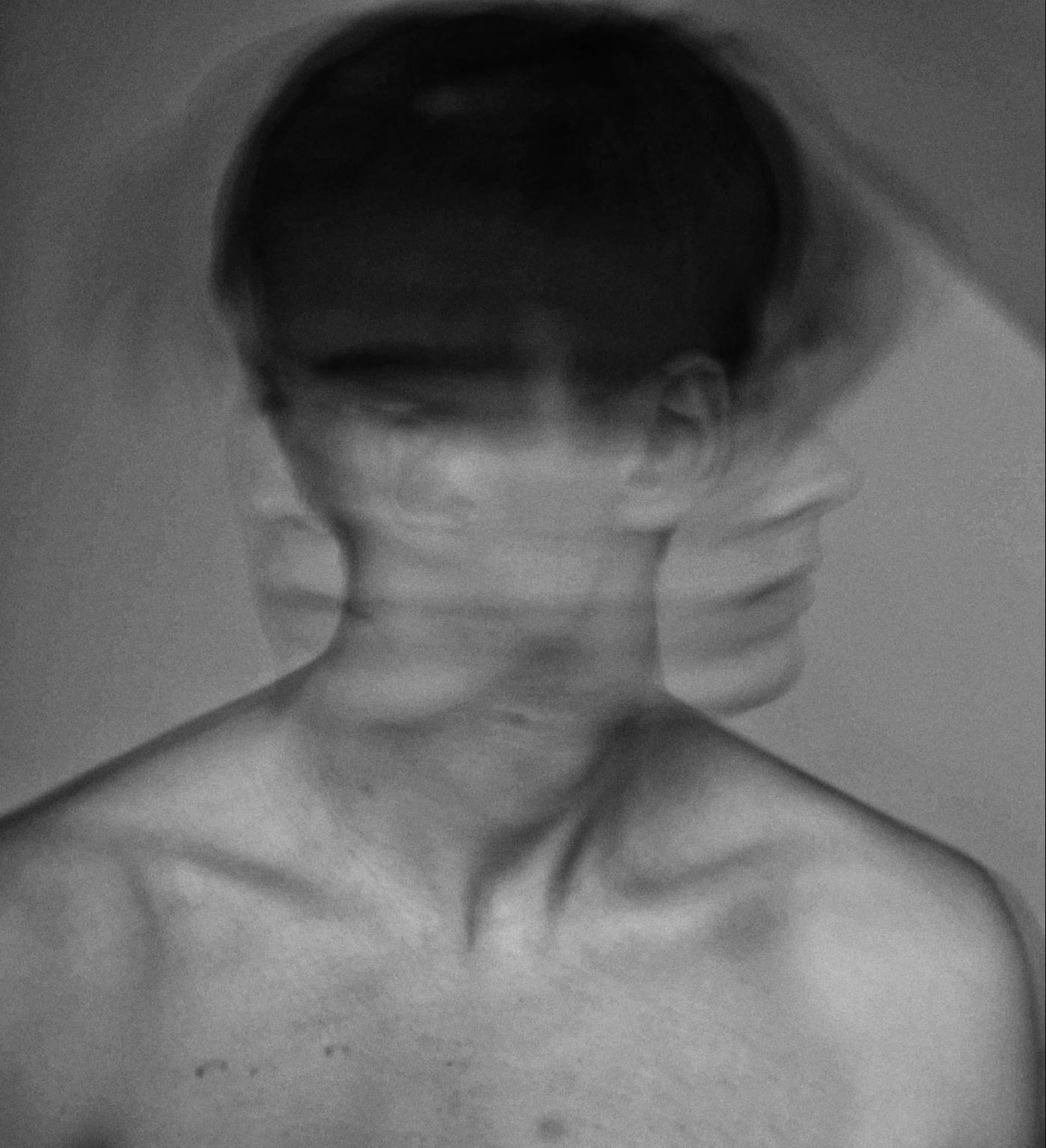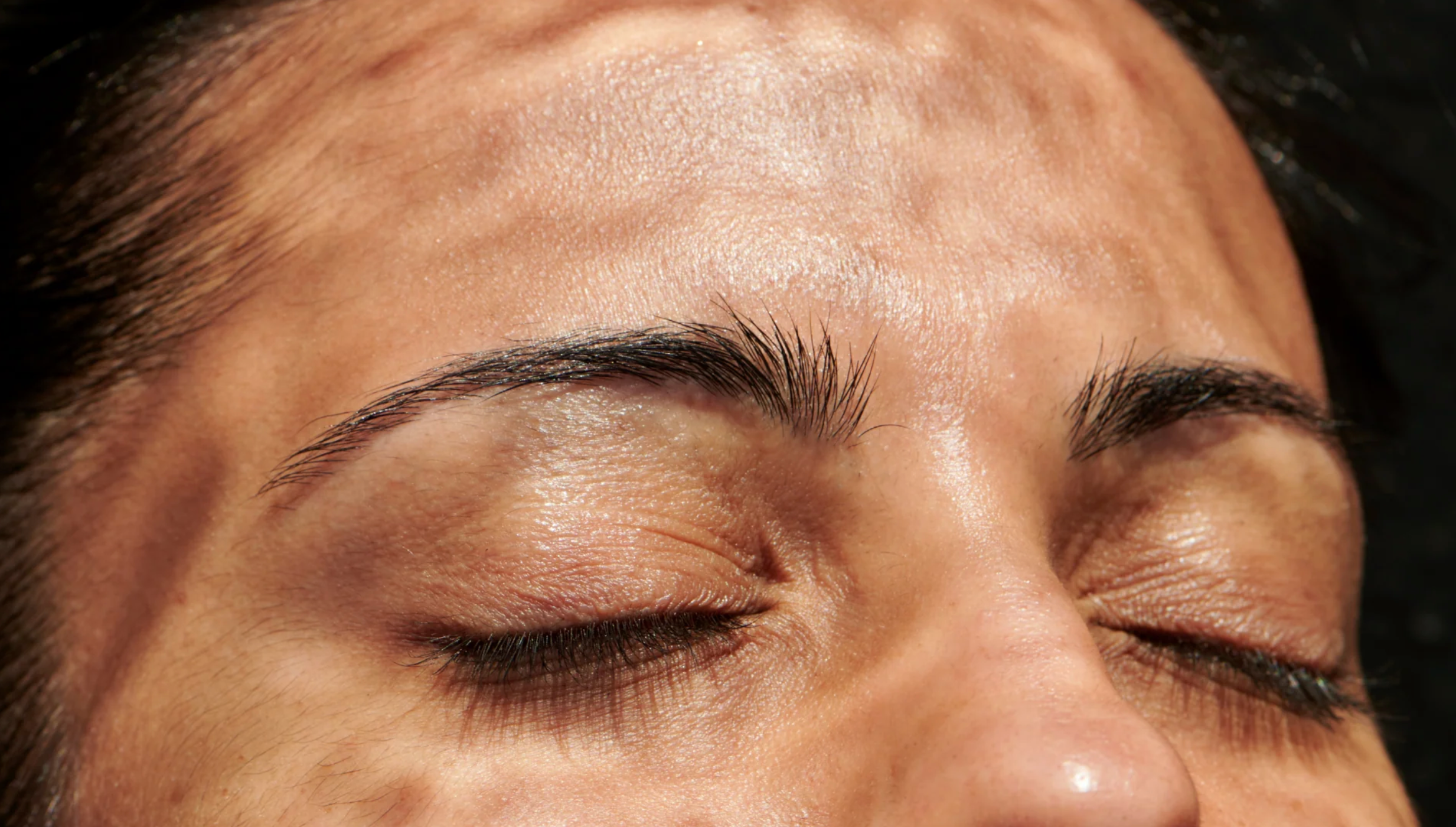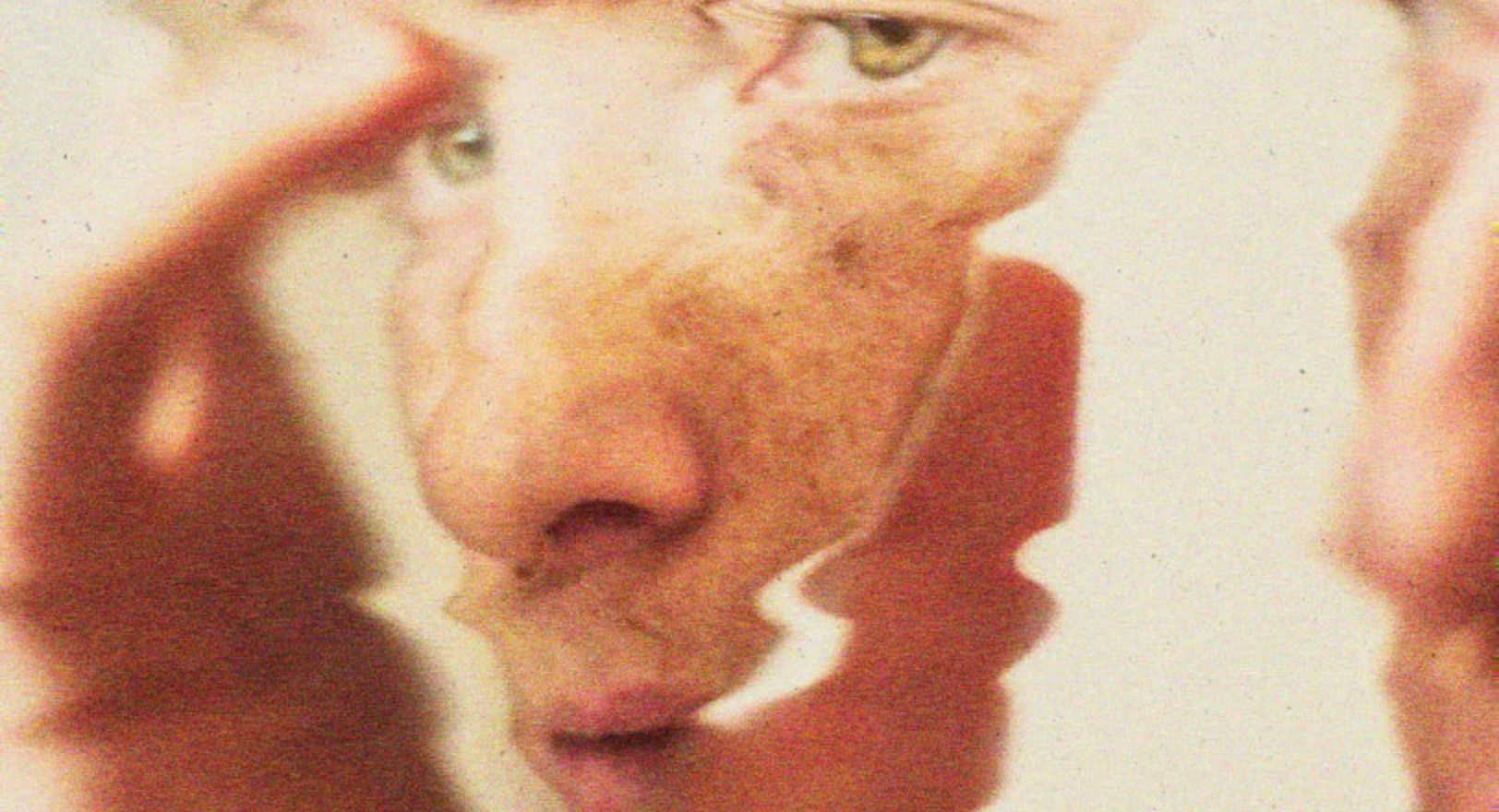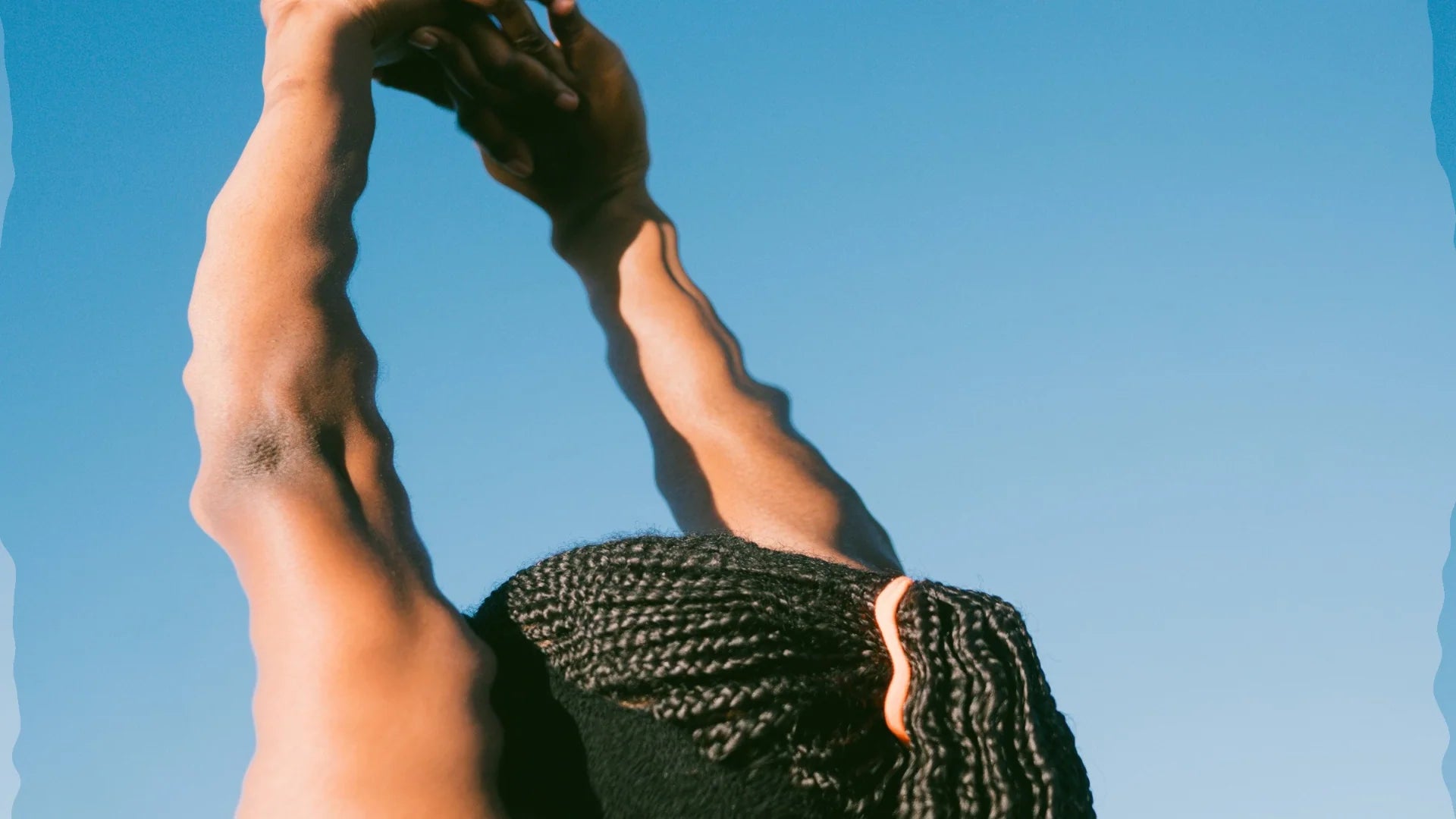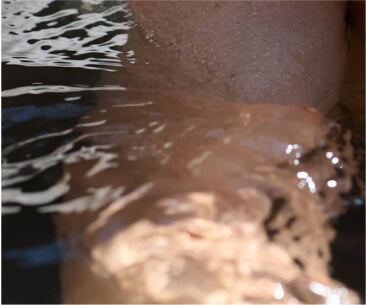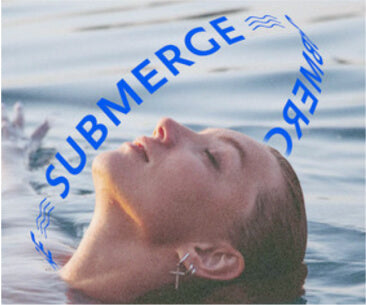A health-focused CEO's routine
As a serial founder and Monk's CEO, Laura Fullerton is not scared of working hard, but doing so while maintaining health and peak performance is as much of a science as it is an art. She recently sat down for an interview, to dive into her routines and wellness habits and productivity strategies tailored for optimal performance in leadership roles, which we're sharing with you here.
So what does a health-focused CEO’s routine look like? Warning: it’s quite weird.
"Over the years I’ve done my time pulling 18 hour days, driving myself into the ground, burning out, and it’s bullshit. Fortunately, I’ve come out the other side, and learnt that working hard and working smart are two different things.
To think with clarity, be creative, do my best work, and be fit to lead a business, I have to put my mental, physical, and emotional health first. I run a health tech start-up, and I live and breathe what I do.
The morning ritual
Breathwork and visualisationWhile still laying in bed, I do one of James Dowler’s (known as Breathe With James) online breathwork classes. There’s a category called ‘breathwork to start the day’ which I love, particularly the ones with visualisations. It clears my mind, energises my body, and sets me up for the day.
Hydration
I squeeze some fresh lemon juice and a pinch of celtic salt into a glass of water (I have an AquaTru, a reverse osmosis water filter). Hydration is one of the most important fundamentals of health, but it’s not about simply guzzling more water. Hydration is about minerals.
Unfortunately, our tap water is void of minerals (and has a lot of things that you don’t want...like hormones from the birth control pill). Ironically, drinking too much tap water can dilute you – it’s like watering a bone dry plant; it all pours out of the bottom without actually absorbing into your cells (or in a human, your kidneys respond by making you pee a lot, and you feel thirsty again). Drinking water with a bit of mineral-rich salt in it allows your body to absorb the fluids that you are taking in.
Sunlight or red light
My absolute dream would be to watch the sunrise every morning. Just like plants use sunlight to heal and grow, different wavelengths of light do different things to our bodies. Getting sunlight in your eyes within the first hour of waking sets your circadian rhythm (improving your mood and alertness during the day, and impacting your sleep in the evening). Alas, I live in London. So I use Red Light Rising’s red light device to replicate the benefits.
It uses some of the most effective spectrum wavelengths of red light (around 650nm) to near infrared light (around 850nm). Red light is great for beauty benefits, like reducing wrinkles and sun damage, and increasing collagen. These wavelengths penetrate 8-10 millimetres into the skin, so they hit all your surrounding skin layers, blood vessels, lymph pathways, nerves, and hair follicles.
Near-infrared wavelengths penetrate deep into muscle tissue, and are known for increased muscle recovery and reduced inflammation (which is why they’re used by athletes). It’s also this wavelength that’s invisible to the human eye.
While I sit there for five minutes, I also use an ice roller on my face (something I’m testing at the moment for skin health – so far, it’s great).
Eat raw, frozen liver
I know that this doesn’t sound appealing. But… I eat raw, frozen liver most mornings. It’s nature’s superfood, and one of the most nutrient-dense foods on the planet.
I buy ox liver from my butcher or Coombe Farms online – a general rule is the bigger the animal the better. I freeze it in roughly 30g servings (you don’t need much, or you’ll get too much vitamin A), and each morning I take one serving out, let it thaw for 5-10 mins, then chop it into smaller bite sized pieces. Eating it frozen means you taste it less, the texture is way better, and I add a bit of live fermented hot sauce to help mask the taste. Don’t overthink it, just get it down and move on.
I love the analogy of a pride of lions. When they kill, it’s the alpha lions who get first dibs, and they go straight for the nutrient-dense liver, heart, and organs. It’s the bottom of the pack who get to feast on muscle meats. You don’t need a multivitamin when you’ve got liver.
Exercise in line with my infradian rhythm
Exercise is so important for my physical and mental health. I typically train for three days, then have a recovery day. My favourite way to train is weight lifting and gymnastic strength training (one of my goals this year is to get a strict handstand and ring muscle-up), but I live and train in line with my biology, aka my ‘infradian’ rhythm, and I believe all women in their reproductive years should do this.
Women don’t just have a 24 hour circadian rhythm, we have a 28 day infradian rhythm, which covers the four phases of our cycle (follicular, ovulation, luteal, and menstruation). It governs our reproductive system, brain, microbiome, metabolism, immune system and stress response system (so yeah, it kinda runs our lives). Nature has designed women to feel good through all the four phases, we just need to learn how to lean into it and use it to our advantage.
Throughout our cycle, we have a 25% shift in brain chemistry, our metabolism predictably speeds up and slows down, and the wrong training style (and nutrition) during certain phases will increase stress and inflammation, disrupt hormones and make you feel crappy. You know when you try your hardest and you just can’t finish the exercise class, run as far, or lift as heavy? That’s not you being a failure, that’s just you not being in tune with your biology!
The toxic “beast it” mentality in the second half of your cycle will screw you. When you do high intensity in this phase, you jack up cortisol, which steals from progesterone, which makes PMS worse, messes up your reproductive and metabolic system, and turns on fat storage and muscle wasting.
As an overview, I’ll do lots of weightlifting and more intense workouts during the follicular phase, as this is where your body reacts more efficiently to boost metabolism and build lean muscle. During ovulation your oestrogen and testosterone are at peak level, giving you energy to burn, so this is where I do HIIT, and try to hit my PBs. Then around 5 days or so into the luteal phase, hormones diminish and you shift out of muscle-building, so I focus on flexibility and gymnastics strength training. Then finally during menstruation, hormones are at their lowest and any form of intense exercise will backfire and turn on fat storage. I do foam rolling, walks, and yin yoga at most. Learning about it has been a game changer, and I highly recommend Alissa Vitti’s book ‘In The Flo’ to learn more.
After I train, you’ll find me in the sauna reading a book (I aim for 20 minutes), followed by a cold shower.
Cold plunging
Around twice a week, I go to the Serpentine in London to cold dip first thing, with the most amazing group of humans. There’s usually around 20 of us, surrounded by swans. Even though it’s in the middle of London, it’s a sliver of nature and it feels really special. Recently it’s been frozen over and we’ve had to smash our way through the ice, However, as part of living in line with my infradian cycle, I won’t do cold water therapy during the menstrual phase of my cycle. You’ve got to know when to rest and not push your body too hard.
I train at White City House and work nearby at the Monk Studio, so I take my pre-make my food and take it with me. After my workout, I have a protein shake (which I made with Form Nutrition protein, lion’s mane powder, bee pollen, and whatever else I want to throw in), and egg muffins which I batch cook at home. I also have my Bulletproof coffee, which I add marine and bovine collagen too.
After lunch, I go for a walk outside to help digest and take a proper break. Please note: this is not about how I manage my time, productivity hacks, or about work. It’s how I live my life, to support my best work.
The evening ritual
I’ll play a podcast on my walk back home – I’m obsessed with Diary of a CEO, OPENHOUSE, and Huberman Lab.
Sleep is my priorityOne of the best things I believe people can do is reframe the importance of sleep. Too often it’s seen as something we do once we’ve finished with the day – no matter what time we eventually get to bed. We need to flip this on its head and see sleep as our number one priority, and safeguard it.
It might seem counterintuitive, but with a proper night's sleep, you’re much better equipped to handle the next day. Plus, it’s not necessarily about sleep length and whether you get those 7-8 hours, it’s about the quality of those hours. Did you really get enough REM and deep sleep?
One of the best things I’ve invested in is an Oura ring – it’s the king of sleep trackers, and the data I’ve got from it is phenomenal. I particularly love that it measures your HRV (heart rate variability) which is a great metric to understand how well your body has recovered from exercise, illness, and stress. Here are the things that work for me:
Early dinner
I love early dinners – this is a big one. If I eat too close to bed, my heart rate stays elevated and prevents me from getting quality, restorative sleep. I usually finish eating by 6pm and I feel much better for it (this isn’t particularly sociable when eating with friends, so this rule often gets scrapped).
Once the sun sets, I only use red lights or candles in my flat, and avoid ‘blue light.’ Blue light is essentially ‘junk light’ that comes from our screens and lightbulbs, and junk light is said to be just as bad as junk food! It acts as a wake-up call that signals it’s midday to our brain, and it suppresses melatonin (the sleep hormone) and disrupts our circadian rhythms.
If I do watch something on Netflix or have to work late (which I usually avoid with healthy boundaries), I wear blue light blocking glasses. Always get them from a reputable brand like Ra Optics, and avoid the fakes on Amazon – if the lenses are clear, they’re not blocking enough blue light. I also use the F.lux app which reduces the blue light on my Mac.
Side note: when using red lights at night, your neighbours will think you're weird. I once had an incredibly intoxicated man banging on my door, thinking I was operating a brothel. It was terrifying (although I was most upset that he only offered me £100 – a story for another day).
You want your room to be as dark as possible. Blackout blinds are ideal, but I use an eye mask instead, which is super easy to travel with.
That’s it! Confession: upon writing out my routine, I think I’ve just realised how weird I am. Can you relate?
